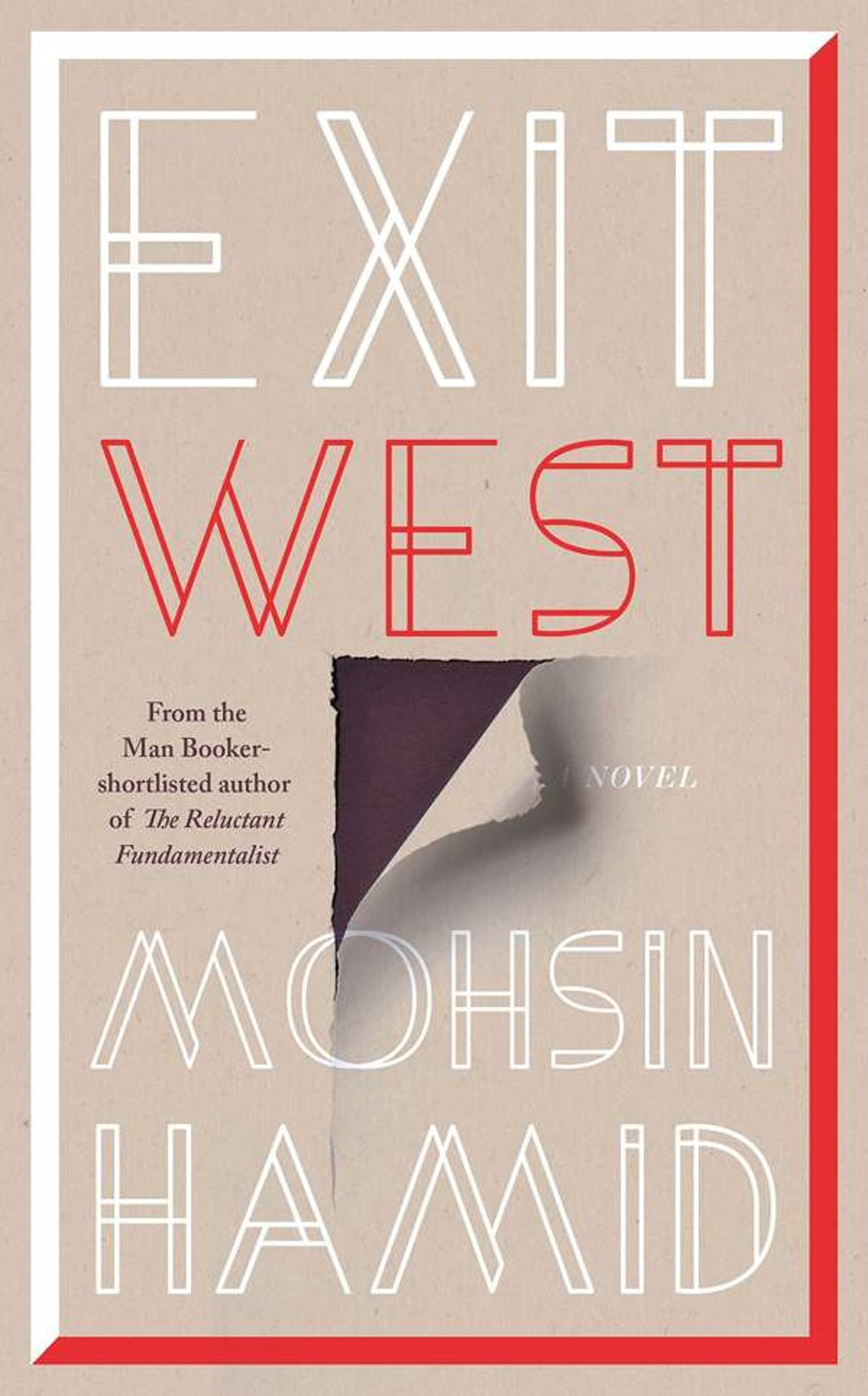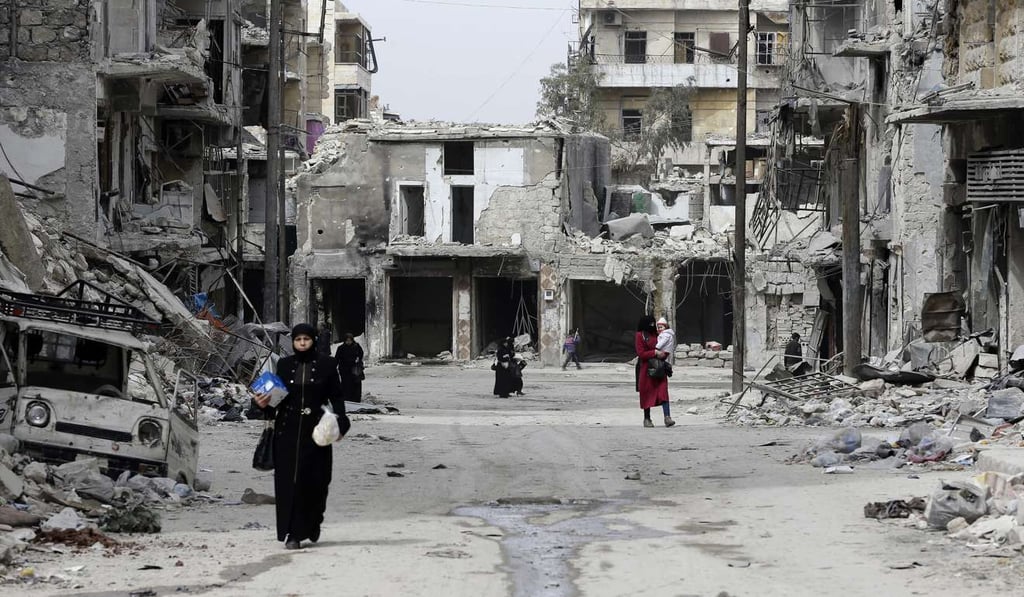Review | Mohsin Hamid’s novel Exit West turns a calm eye on lovers caught in endless war
Hamid, best known for The Reluctant Fundamentalist, adds a dash of magic realism to his fourth novel, in which love mixes with barbaric violence and ruminations on what it means to become a refugee


by Mohsin Hamid
Penguin
British-Pakistani writer Mohsin Hamid’s fourth novel is a love story. No: it’s a magic realist epic in which characters cross continents in the blink of an eye (or, to be precise, the opening of a mysterious portal). No: Exit West is a rousing, if complex hymn about migration and cultural displacement. No: it’s a novel spliced with disarming short stories. No: it’s a searing portrait of 21st-century war and the resulting refugee crises that Western governments are routinely failing to solve.
Exit West is many things, sometimes all in the turn of a single sentence. At the centre of it are Saeed and Nadia, two young professionals who meet in an unnamed city in an unnamed country: the most likely candidates are Iraq or Syria, but it needn’t be either. Saeed wears a beard, more stubble than the full monty. Nadia sports a flowing black robe. Neither is religious, or not yet. When Saeed plucks up the courage to ask Nadia about her attire, she smiles: “So men don’t f*** with me.”
The city’s mood in these opening exchanges, as our lovers move slowly but surely towards each other, is calm, liberal, but already undercut with menace. Our narrator knows more than his characters, and has the disarming habit of interrupting the linear flow to let the reader in on the impending disaster: “War would soon erode the facade of their building as though it had accelerated time itself, a day’s toll outpacing that of a decade.”
The friction between the city’s calm surfaces and violent undercurrents is typical of a novel that plays polarities off against each other: light and dark, male and female, home and abroad, love and hate, peace and war, the ordinary and the unthinkable. This last pair describes characters who exist in a rising state of denial about the seemingly inconceivable events they witness.

